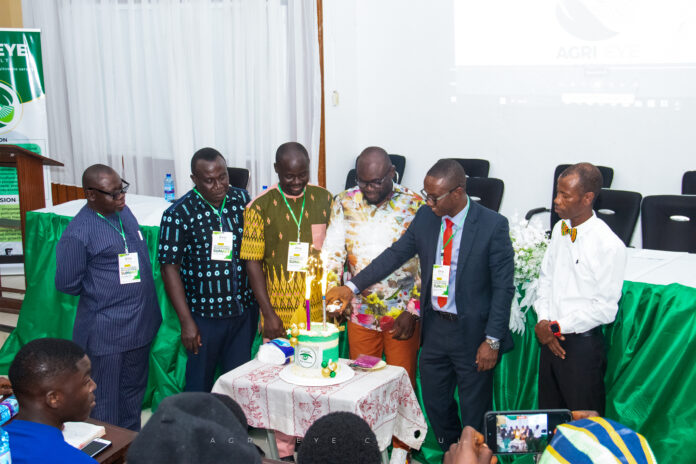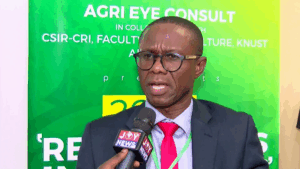There are heightened calls for the private sector and the government to take a critical look at investing heavily in Ghana’s local seed production industry.
Stakeholders in the agriculture sector, particularly scientists, observe a lasting gap in the adoption and upscaling of diverse locally developed seeds.
Despite the release of some early seeds by research institutions, the large-scale production of these certified local seeds has seen low interests from the private sector, with imminent threats to food security.
Ghana has made significant strides in local seed production, varying from cereals and leguminous crops to root tubers.
Research institutes, like the Crops Research Institute of the Council for Scientific and Industrial Research, continue to lead the charge in producing improved indigenous seeds for farmer adoption.
Speaking at the maiden Researchers-Investors Summit in Agriculture, Director of the Crops Research Institute, Prof. Maxwell Darko Asante emphasized the urgent need for investments and transformation of Ghana’s seed production sector.
“We don’t get proper businesspeople to invest. We only get people who are interested in government policy. We need people with deep pockets to take it as a big industry and invest. Particularly, for vegetable seed we are far behind. Producing vegetable seed is a lot of work and we need support for large productions,” he highlighted.
The 2025 Researchers and Investors Summit assembled industry experts, academic professionals and journalists in Ghana’s agriculture sector to dialogue on building resilience in the sector.
The event was held on the theme, “Bridging innovation and investment gap for a resilient agriculture in Ghana”.
Director of the Agric Eye Consult, Richmond Frimpong highlighted the critical need to build synergy between research and industry.
“Ghana stands at a crossroads. We have the science. We have the talent. What we need now is synergy—a deliberate fusion of knowledge and capital, of research and risk-taking. That is what this summit aims to spark. Innovation must not remain locked in labs or lecture halls. It must be mobilized—turned into products, systems, and practices that revolutionize farming, empower communities, and secure our food future,” he noted.
He further advocated for tax holidays for industries in the agriculture value chain.
“This summit is our bridge. To this end, I entreat the government of Ghana to grant tax holidays to locally manufacturing firms within the agriculture value chain,” he said.
CEO of Legacy Crop Improvement Centre (LCIC), Dr. Amos Rutherford Azinu, impressed on the paradigm shift from smallholder to large-scale farming to boost productivity.
“Together, we have the knowledge, the technology, the capital, and the determination to transform agriculture. We have the opportunity to ensure that future generations inherit a world where nutritious food is abundant, where farming is sustainable, and where rural communities thrive. The question is not whether we can achieve this transformation—the question is whether we will. The choice is ours, and the time is now,” he noted.






